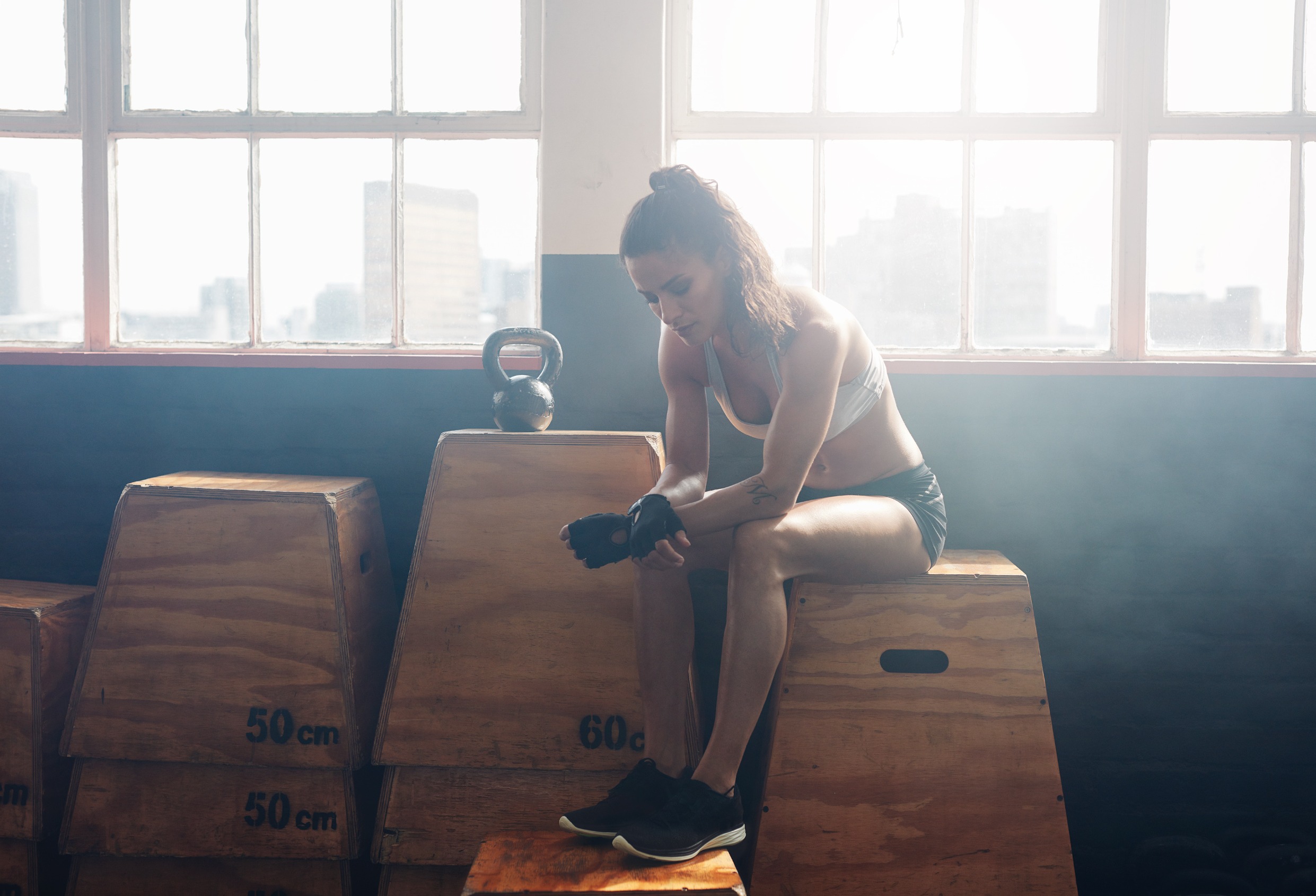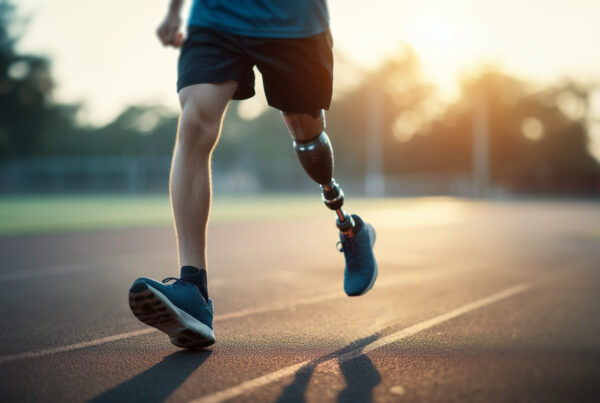”Question: It is National Sleep Week and I am curious to know how exercise helps my sleep behavior?
Reading time: 4 Minutes
MWi Hack:
- Learn about how exercise can positively impact your sleep, and the mechanisms behind this relationship.
MWi Summary:
- Studies show that exercise can be as effective as prescription sleep medication.
- Exercise, particularly outdoor exercise, helps your body establish a good sleep-wake cycle.
- Exercise helps manage stress and anxiety, which can be major hindrances to good sleep.
- Consistency is the most important part of exercise.
- Other ways to maximize sleep quality include avoiding caffeine after lunch, avoiding alcohol before bed, and eating a lighter dinner.
But don’t collapse on the couch just yet. If you get your body moving, you’ll feel better. Numerous studies have shown that exercise improves sleep quality. Better sleep means more energy. And it’s easier to exercise when you have energy. It’s a wonderful cycle.
Sleep medicine psychologist Michelle Drerup, PsyD, explains how exercise affects your sleep and how you can maximize its benefits, starting today.
How does exercise improve your sleep?
Research has shown that physical activity can be as effective as prescription sleep meds. There are a few reasons why.
Daylight exposure sets your body’s clock
“Try to exercise outdoors,” Dr. Drerup says. “You get natural light, which helps your body establish a good sleep-wake cycle. It tells your body when to be alert and when to wind down.”
Can’t get outside? Indoor workouts still help you get better sleep.
Exercise relieves stress and anxiety
Stress and anxiety are sleep’s worst enemies. But exercise can relax you and fight off the things that keep you tossing and turning. “Exercise is probably the best anti-anxiety medication we have,” Dr. Drerup says. “When you exercise, your brain releases feel-good chemicals that combat stress and anxiety.”
Exercise tires you out
The more active you are, the more your body pushes you to sleep at night. “Activity increases your sleep drive,” Dr. Drerup says.
But don’t push yourself to exhaustion with every workout. Just make sure you’re getting some movement. “Being active during the day, even doing things like chores or short walks, can increase your sleep drive,” she says.
Early in the coronavirus pandemic, Dr. Drerup noticed a change that was harming people’s sleep habits. They weren’t getting out or moving as much, making it harder to fall asleep.
“Gyms were closed, many people weren’t going into an office and people were less active in general,” she explains. “The decreased activity lowered their drive to sleep. Add stress on top of that, and you’re really going to struggle to fall asleep.”
Is exercising at night bad for sleep?
There’s a longstanding belief that exercising at night is a bad idea. But recent evidence has busted this myth.
“Exercise raises your core body temperature, and you need that temperature to drop before you can fall asleep,” explains Dr. Drerup. “That’s why many experts believed nighttime exercise was a bad idea. But recent studies have found no evidence supporting the theory that evening exercise keeps you awake. Just keep it light to moderate intensity.”
Dr. Drerup recommends walking, biking or yoga as evening exercise. Save the high-intensity workouts for the morning or early afternoon. And make sure your workout ends at least one hour before you turn in.
If you’re not sure whether your workout is too intense, keep a sleep and exercise diary. Record the exercise you did and how you slept that night. If you see a pattern of poor sleep with your workout, dial down the intensity or do it earlier in the day. “Some people can tolerate a hard workout in the evening and still sleep well,” says Dr. Drerup. “But others can’t. You may not know for sure until you try it.”
Habit matters more than the time of day
If you want to stick with exercise long-term, it has to become part of your routine.
“It’s important to develop exercise as a habit,” says Dr. Drerup. “Consistency is key. Pick a time of day that works for you and exercise at the same time every day. If you try to just fit it in when you can, it’s hard to keep doing it.”
Aim for 30 minutes of exercise a day, five days a week. Can’t get in 30 minutes at once? Two 15-minute chunks or three 10-minute chunks will help, too.
Better sleep tonight?
If you start exercising today, you may notice better sleep tonight. But even if you don’t feel awesome tomorrow, keep it up for a few days. Within a week, you’ll probably notice you’re sleeping better. To maximize your sleep quality, try to:
- Avoid caffeine after lunch.
- Eat a light dinner (large, heavy meals can keep you awake).
- Avoid alcohol before bed.
Finally, if you’re getting regular exercise but sleep still eludes you, talk with your doctor. You may have a sleep disorder or another health condition. If you have signs of anxiety or depression that aren’t getting better, discuss this with your doctor, too.






